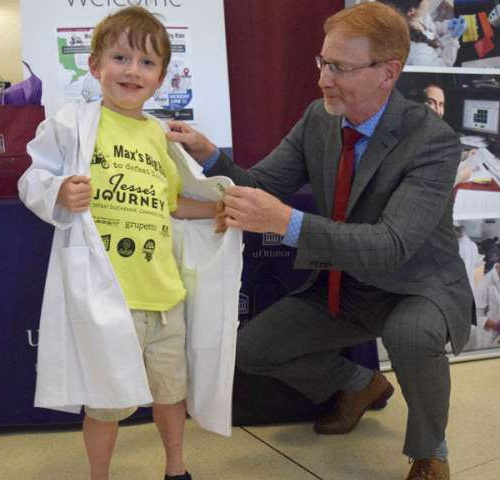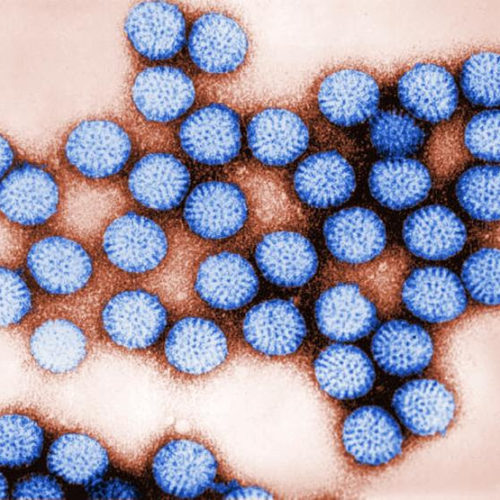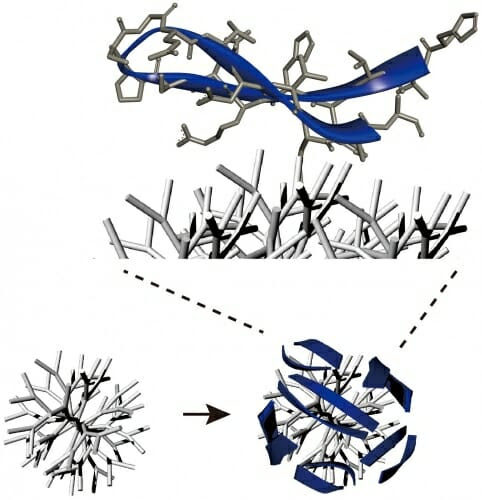University of Virginia’s School of Medicine and School of Engineering, is using focused soundwaves to overcome the natural ‘blood-brain barrier,’ which protects the brain from harmful pathogens. Credit: Dan Addison | UVA Communications University of Virginia researchers are pioneering the use of focused ultrasound to defy the brain’s protective barrier so that doctors could, at...
Tag: <span>immune response .</span>
Substituting the next-best protein
by Jessica Sinclair, University of Ottawa When an actor is unable to perform in the theatre, an understudy—ideally one with some practice in the role—can take her place on stage. A study from Dr. Bernard Jasmin’s laboratory at the University of Ottawa and published today in Nature Communications shows that the same is true of...
Coronavirus: Why the world will look to India for a vaccine
US Secretary of State Mike Pompeo said last fortnight that India and the US were working together to develop vaccines against the coronavirus. Mr Pompeo’s remark didn’t entirely come as a surprise. The two countries have run an internationally recognised joint vaccine development programme for more than three decades. They have worked on stopping dengue,...
Proteins may halt the severe cytokine storms seen in COVID-19 patients
CAMBRIDGE, MA — One of the defining features of Covid-19 is the excessive immune response that can occur in severe cases. This burst of immune overreaction, also called a cytokine storm, damages the lungs and can be fatal. A team of MIT researchers has developed specialized proteins, similar in structure to antibodies, that they believe...
Mystery solved, rotavirus VP3 is a unique capping machine
After eluding researchers for more than 30 years, the VP3 protein of rotavirus has finally revealed its unique structure and function to a team led by scientists at Baylor College of Medicine. The researchers discovered that VP3 consists of four molecular modules that uniquely integrate five enzymatic activities that are necessary for capping messenger-RNA (mRNA),...
Cheap nanoparticles stimulate immune response to cancer in the lab
University of Wisconsin–Madison researchers have developed nanoparticles that, in the lab, can activate immune responses to cancer cells. If they are shown to work as well in the body as they do in the lab, the nanoparticles might provide an effective and more affordable way to fight cancer. They are cheaper to produce and easier...




